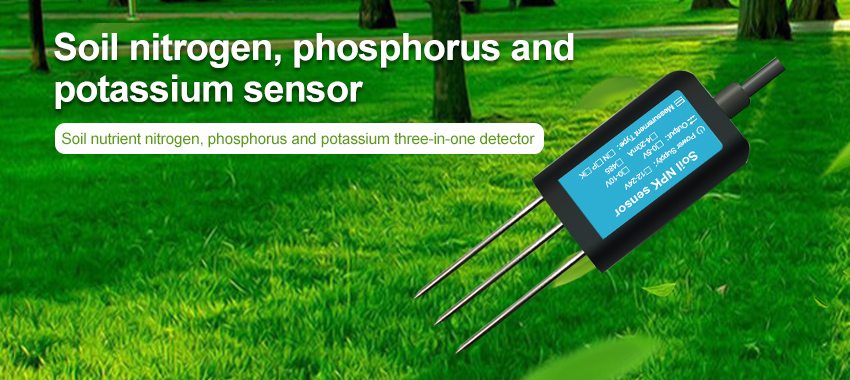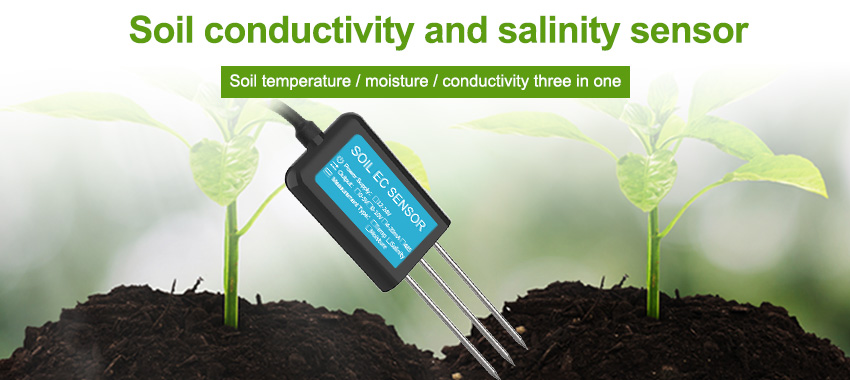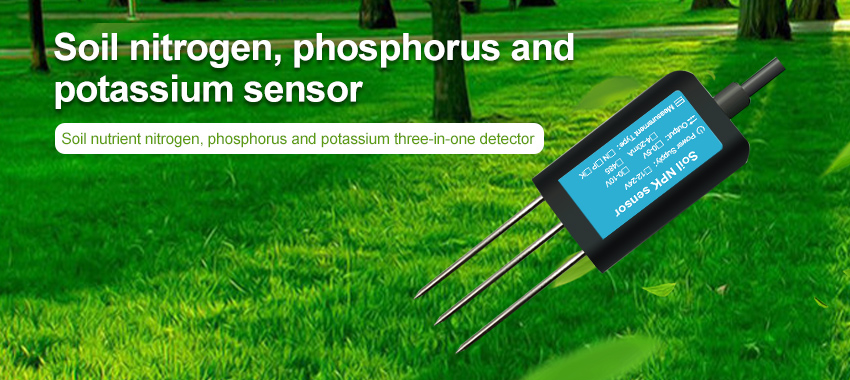Precision farming, also known as precision agriculture, is a modern approach to farming that leverages advanced technologies to optimize crop production while minimizing environmental impact. One of the key components of precision farming is the use of soil sensors, which play a crucial role in providing valuable data on soil conditions and guiding farmers in making informed decisions regarding irrigation, fertilization, and crop management. In this article, we will explore how soil sensors are revolutionizing precision farming and transforming agricultural practices.

Accurate Soil Monitoring:
Soil sensors offer accurate and real-time monitoring of various soil parameters, allowing farmers to gain a deeper understanding of their fields. These sensors can measure important indicators such as soil moisture, temperature, pH levels, electrical conductivity, and nutrient levels. By continuously monitoring these parameters, farmers can assess the health of their soil and make informed decisions about when and how much water or fertilizer to apply. This targeted approach to soil management helps prevent over or under-irrigation, reduces nutrient wastage, and improves crop yield and quality.
Optimal Irrigation Management:
Water is a precious resource in agriculture, and efficient irrigation management is crucial for sustainable farming. Soil sensors play a vital role in optimizing irrigation practices by providing real-time data on soil moisture levels. Farmers can use this information to determine the precise amount of water required by their crops, ensuring that they receive adequate moisture without wasting water through excessive irrigation. Additionally, soil sensors can detect variations in soil moisture across different areas of a field, enabling farmers to implement site-specific irrigation strategies and conserve water resources effectively.
Nutrient Management:
Proper nutrient management is essential for promoting healthy plant growth and maximizing crop productivity. Soil sensors provide valuable insights into nutrient levels in the soil, enabling farmers to optimize fertilizer application. By monitoring nutrient concentrations in real-time, farmers can ensure that their crops receive the right amount of nutrients at the right time. This targeted approach to nutrient management minimizes fertilizer wastage and reduces the environmental impact associated with nutrient runoff. Soil sensors can also detect nutrient deficiencies or imbalances, allowing farmers to take corrective measures promptly and prevent nutrient-related crop disorders.
Crop Health Monitoring:
Soil sensors contribute to the effective monitoring of crop health and early detection of potential issues. By continuously monitoring soil conditions, these sensors provide valuable data on soil moisture, temperature, and nutrient availability, which are key factors affecting crop health. Any deviations from optimal conditions can be detected, enabling farmers to identify and address problems such as water stress, nutrient deficiencies, or pest infestations at an early stage. This proactive approach to crop health monitoring allows for timely interventions and helps farmers prevent yield losses and maintain crop quality.
Enhanced Efficiency and Cost Reduction:
The use of soil sensors in precision farming leads to improved efficiency and cost reduction. By providing accurate and real-time data, these sensors enable farmers to optimize the use of resources such as water, fertilizers, and pesticides. Farmers can apply inputs only where and when they are needed, reducing wastage and lowering production costs. Additionally, by gaining better insights into soil conditions and crop requirements, farmers can make more informed decisions and avoid unnecessary expenses. The result is improved profitability and economic sustainability for farmers.
Data Integration and Decision Support:
Soil sensors generate a vast amount of data that can be integrated with other sources, such as weather forecasts, satellite imagery, and crop models. This integration allows for the development of decision support systems that provide farmers with comprehensive information for making informed choices. Advanced analytics and machine learning algorithms can analyze the integrated data to generate actionable insights and recommendations. Farmers can use this information to optimize their farming practices, adapt to changing climatic conditions, and mitigate risks. This data-driven approach to precision farming enhances decision-making and improves overall farm management.

Environmental Sustainability:
Precision farming, facilitated by soil sensors, contributes to environmental sustainability in agriculture. By optimizing resource utilization, including water, fertilizers, and pesticides, precision farming reduces the environmental impact associated with excessive use of these inputs. Soil sensors help farmers minimize nutrient runoff, pesticide pollution, and water wastage
